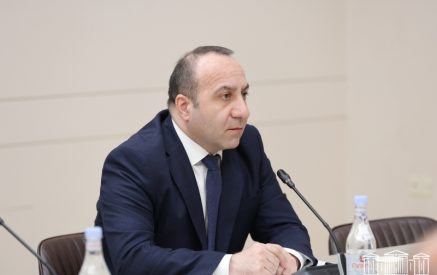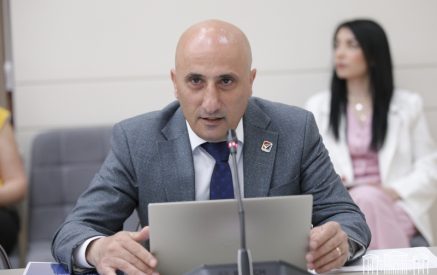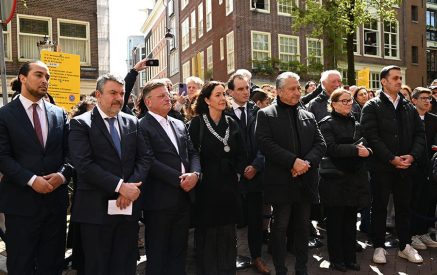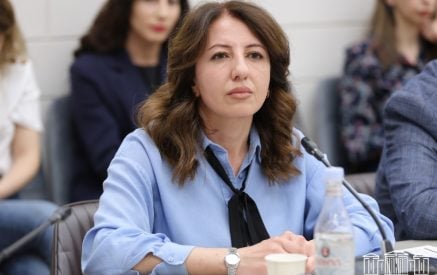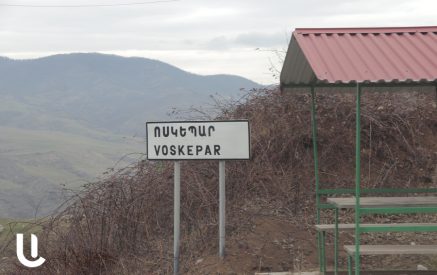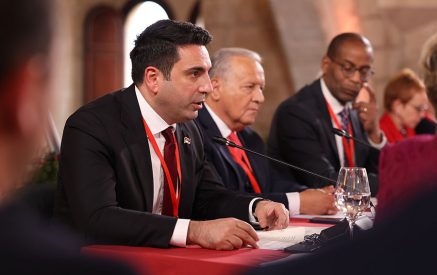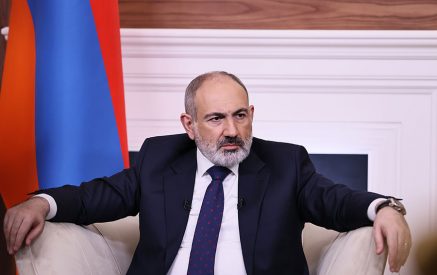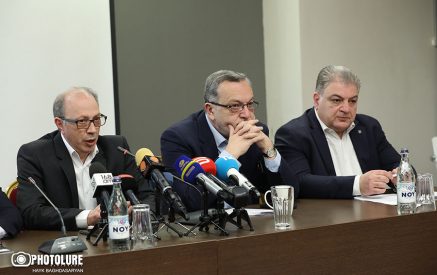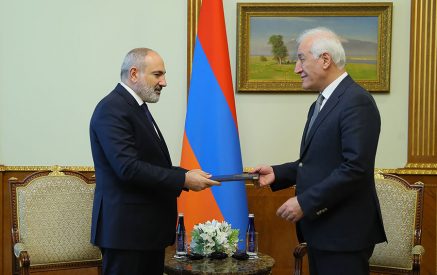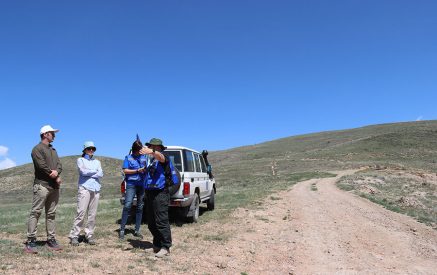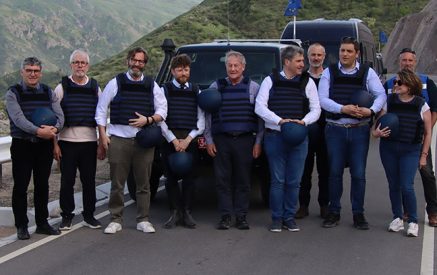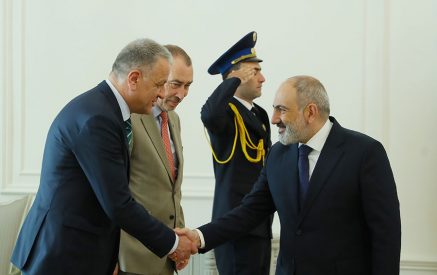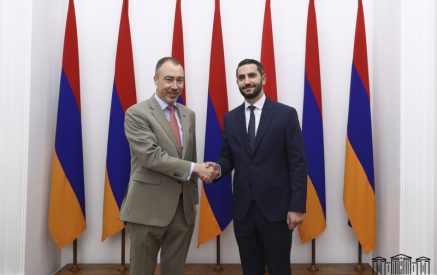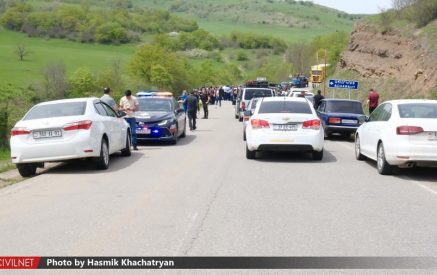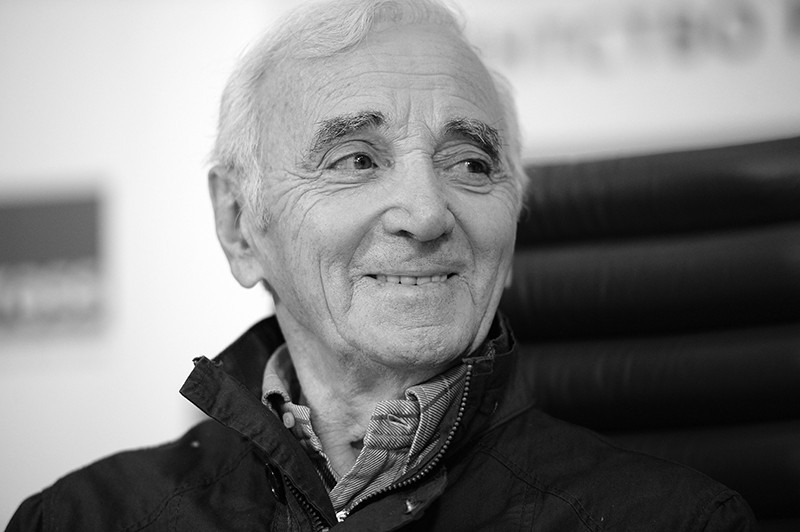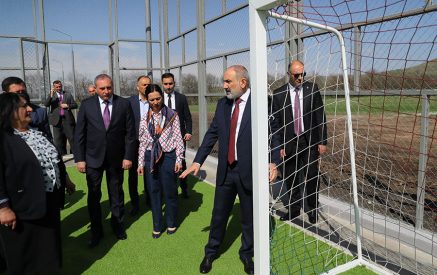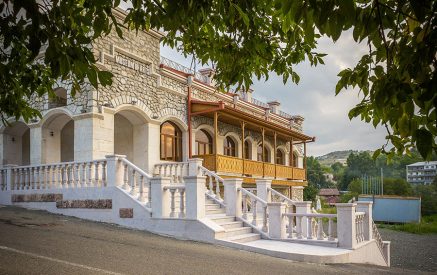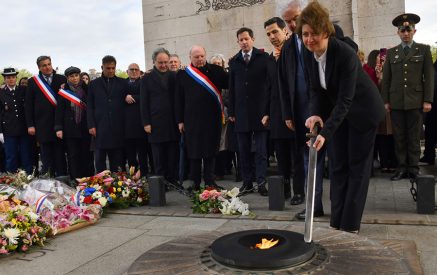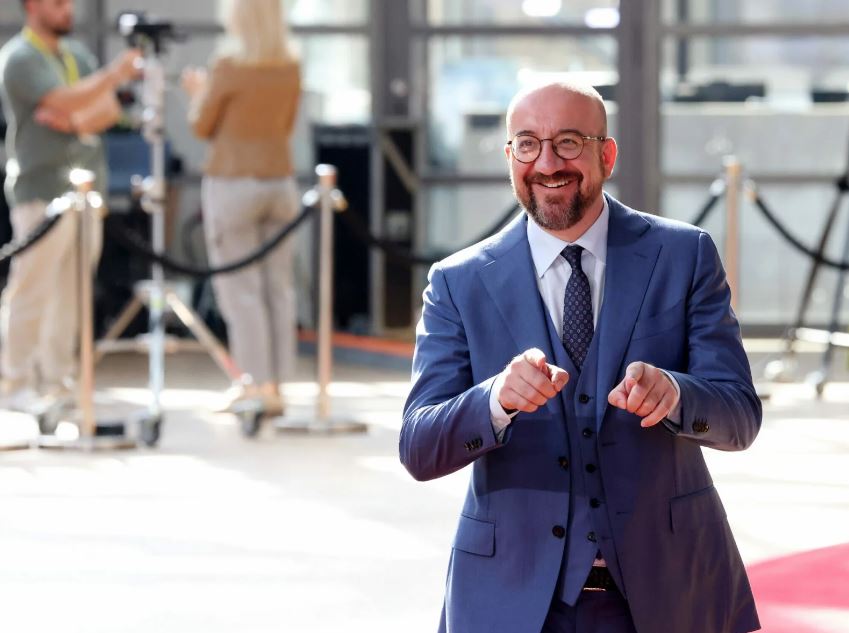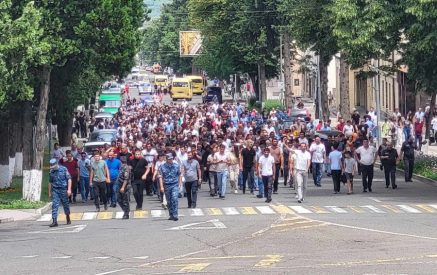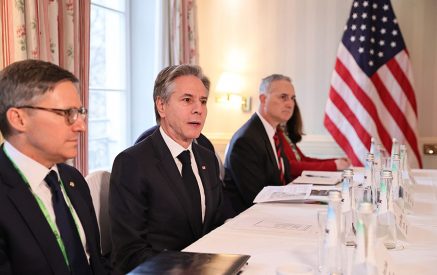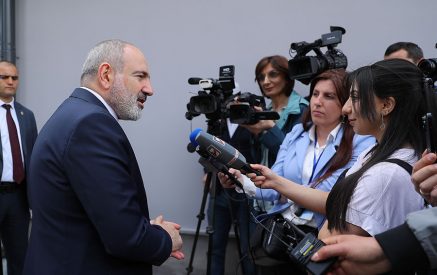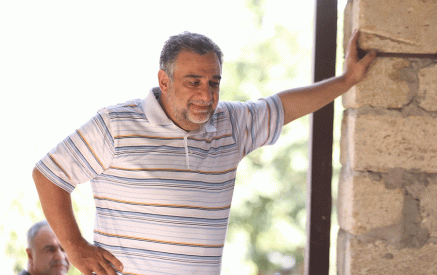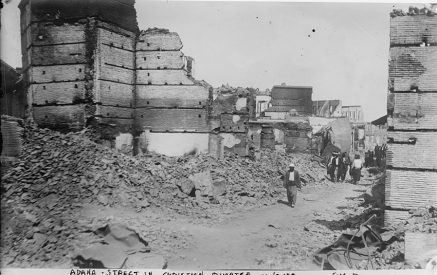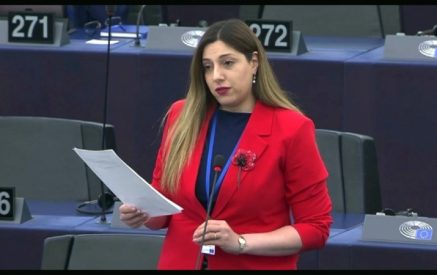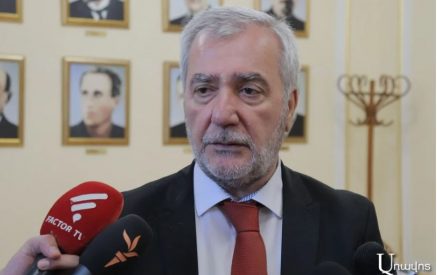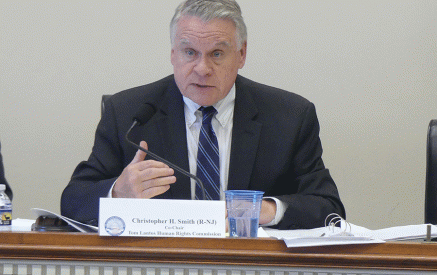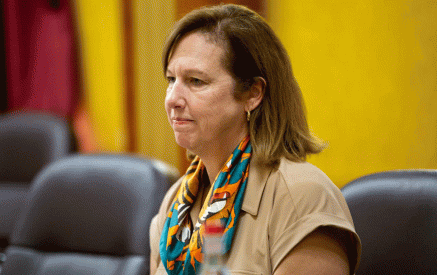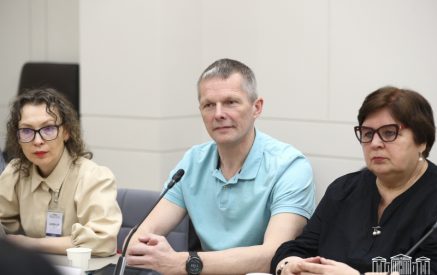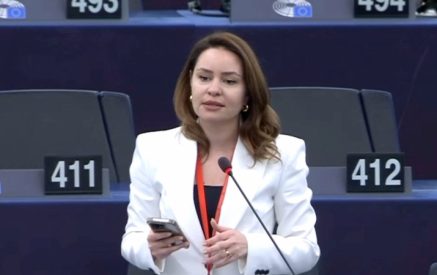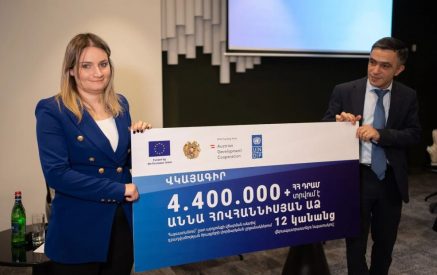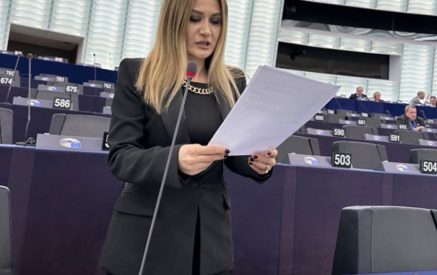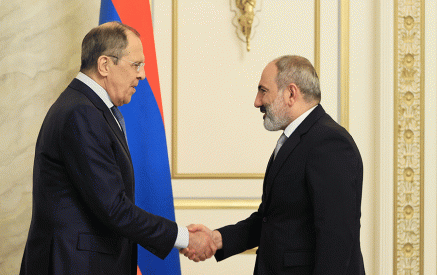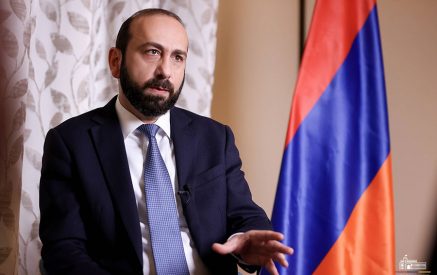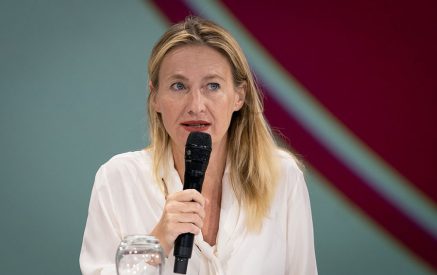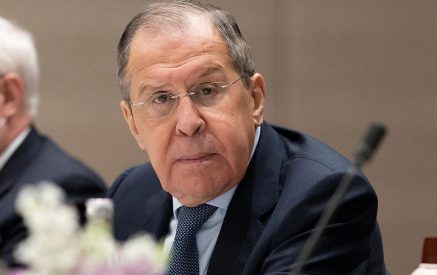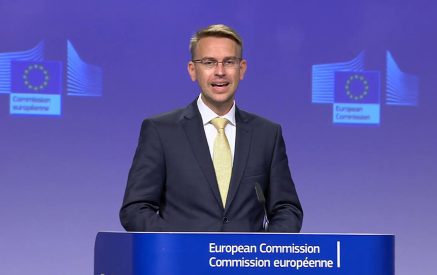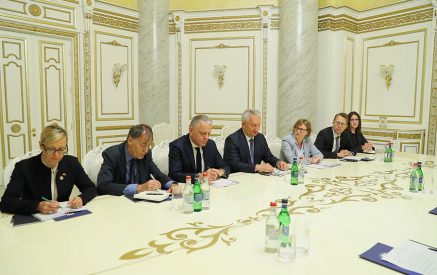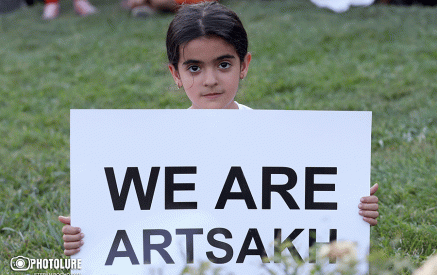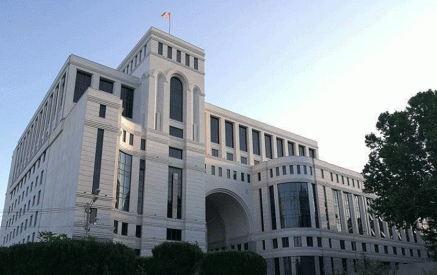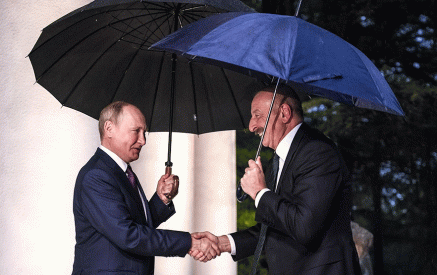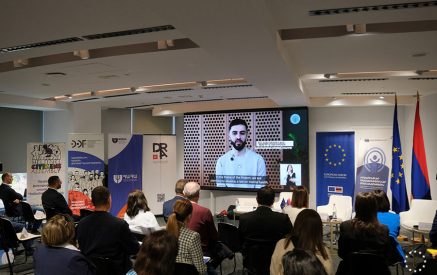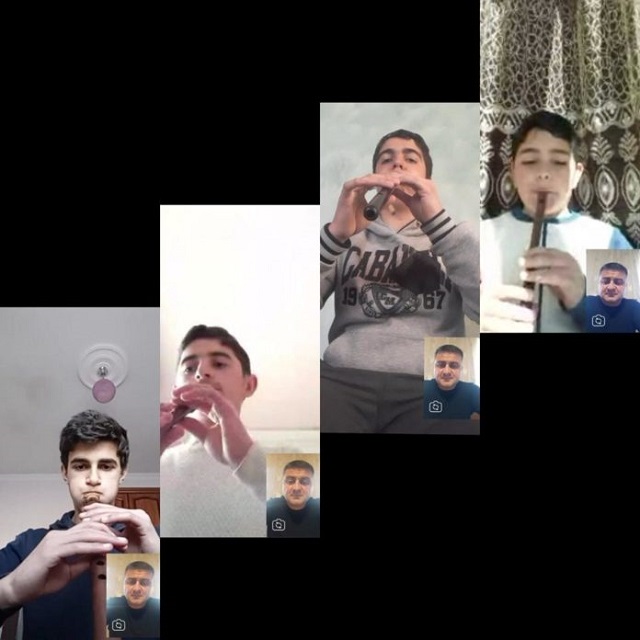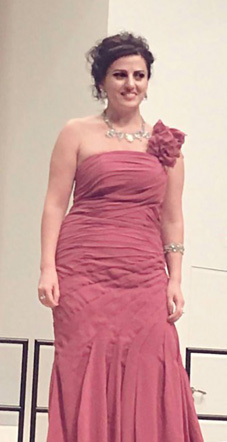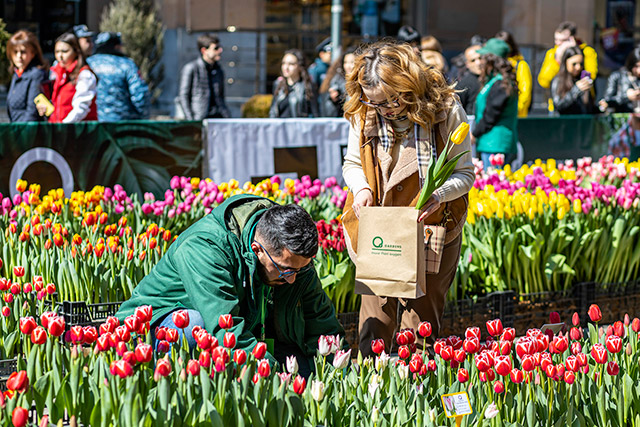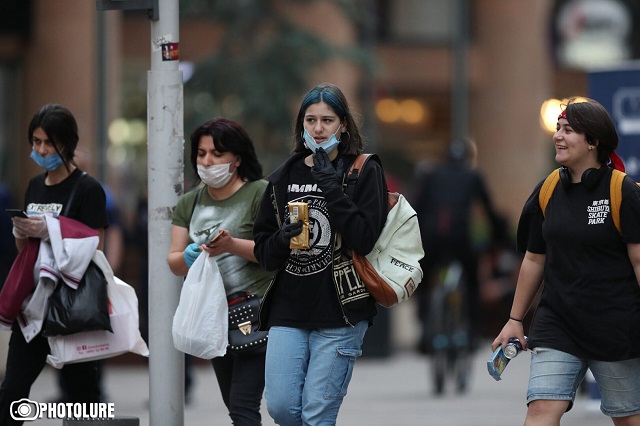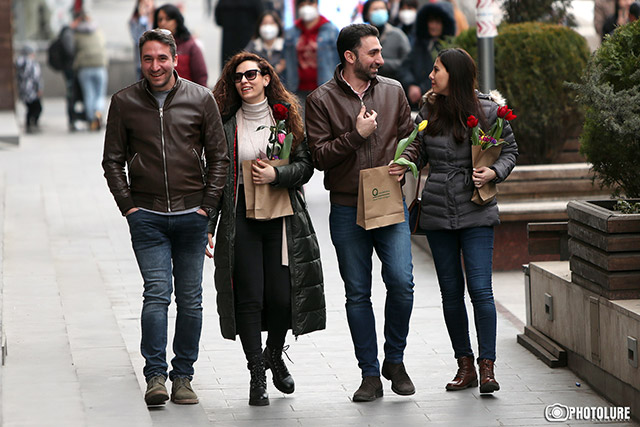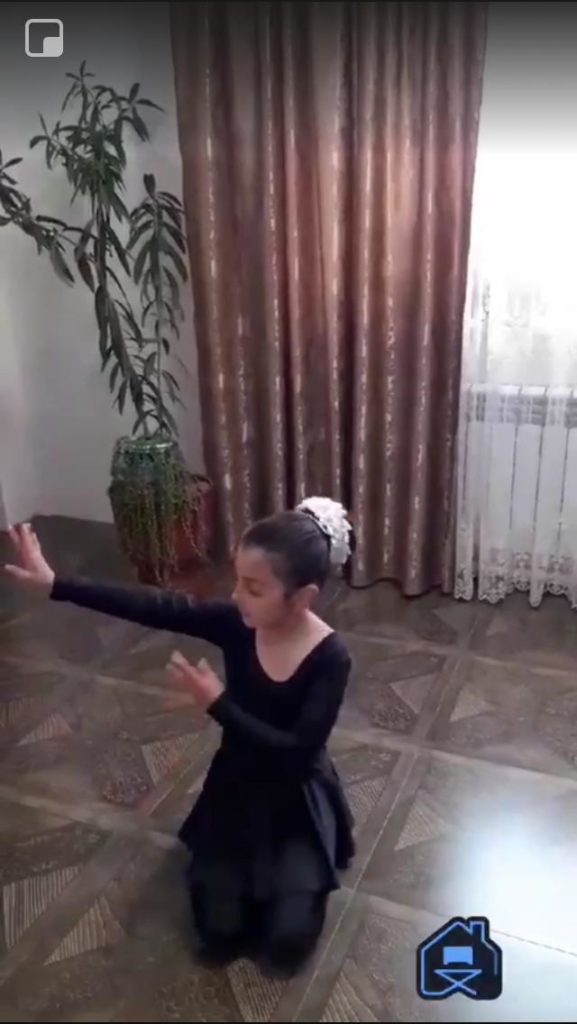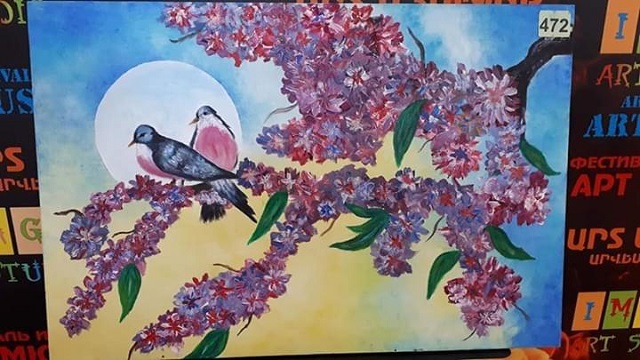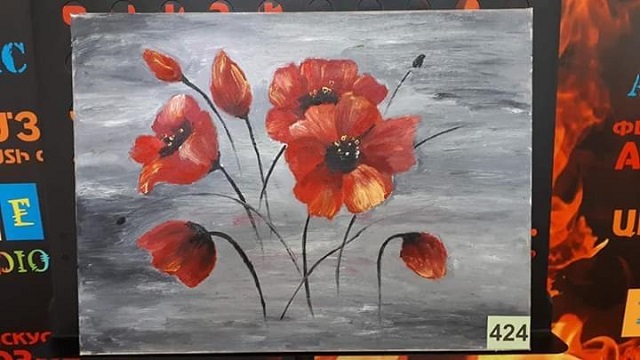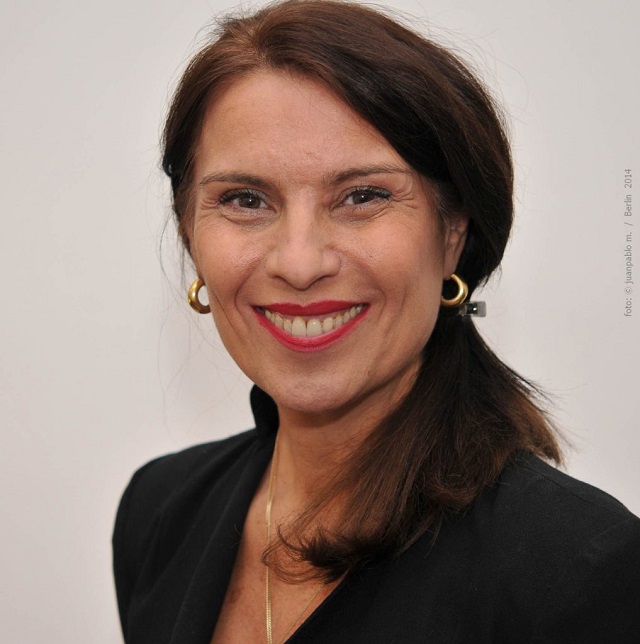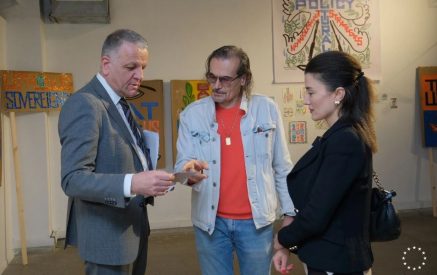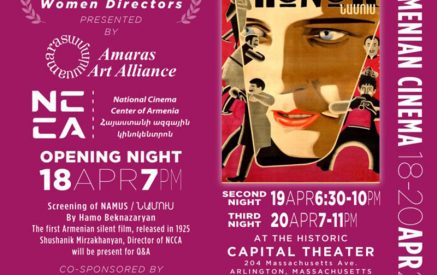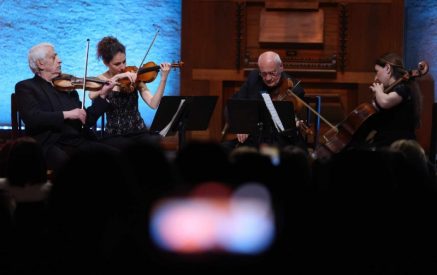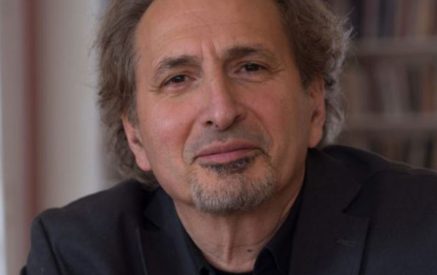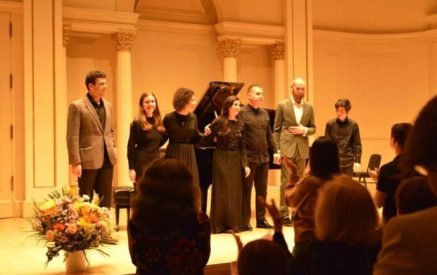The Armenian Mirror-Spectator. ARMENIA/GERMANY – “It’s so hard to give vocal lessons by Skype. It’s terrible!” Lusine Arakelyan is an opera singer who teaches at the Aleksey Hekimyan Music School in Yerevan. Since the lockdown started in response to the outbreak of the coronavirus pandemic, she, like most other Armenian teachers, has been forced to expand her pedagogical skills with patience and creativity. She and her students bridge the social distance through the computer, and the challenge is significant.
“I play their exercises and songs on the piano,” she explains, “record them and send these files to my pupils. Then, they sing to the recorded music and send back their recording. I listen to their presentations, try to correct their mistakes, and so it goes on.”
Lusine’s mother is also a teacher, not of music, but Armenian language and literature. She works along similar lines. She calls the group of pupils via Zoom program and presents her lectures. She sends them exercises which they complete and send back for correction. It is all very tiring, Lusine notes, because this kind of interchange requires much more time and energy. But this is the case everywhere, and such online teaching is absolutely necessary to ensure that the pupils keep up with their studies.
In Geghashen, Mariam Kazaryan, who is director of the music school there, confirms this is the case. Not only music, but all subjects offered are being taught online. Teachers assign their students homework, and they write all their exercises in notebooks, which they will hand in as soon as classroom instruction can resume.
Read also
In the arts the process is more complicated. Children taking music lessons – dance or instrumental or vocal – perform their assigned tasks, and record themselves, then send their photos or videos back to their teachers, for corrections and comments.
Before the coronavirus pandemic reached Armenia, pupils at the Geghashen school participated in an international art and music festival, winning first, second and third prizes. This year, they have put their works on exhibit — even though it is not yet clear when the public will have the chance to visit and admire their creations.
Berlin Artists Yearn to Perform
Bea Ehlers-Kerbekian works as a teacher in Berlin and, since the lockdown, has been holding her lessons online. At the Anda private language school, she teaches German to students from all over the world, who have come to the capital to learn the language. On completion of their courses, they will receive certificates which will allow them entrance to universities for higher education. The school offers instruction in English, Spanish, Italian and Portuguese for German students who plan to study abroad.
Her foreign students, who come from Dubai, China, Peru, Brazil, the USA and Lebanon, have all gone online to continue their courses. For them, there is the added concern for their families back home, “not only for their health,” Ehlers-Kerbekian explains, “but also for their financial situation, because they come from countries that may not have such generous emergency aid programs.” She added, “Just this morning, I received the news that one student couldn’t attend class by Skype today, because she had learned an hour earlier that a close friend in Madrid had died of Covid-19.” The students are in constant contact with their families, she added, “and our morning ritual greetings begin with the question, how everyone’s family members are.”
Bea Ehlers-Kerbekian is also an actress, who has experienced firsthand what the crisis has meant for performing artists. All cultural activities, concerts, operas, plays, cabaret, have been suspended. “The uncertainty regarding when performances will be allowed again,” she said, “presents an enormous challenge for event organizers and artists.” These productions are planned at least a year in advance, she explains, and rehearsals take at least 6 to 8 weeks, depending on the works selected. The problems for free-lance artists are the most serious. “Many artists, like musicians, dancers and actors, find themselves financially in an existential crisis. The safety net that the government has established for independent artists unfortunately does not apply to this group.” Those who organize concerts, plays and other cultural events have ended up in similar straits, especially if they do not have their own facilities. “A friend of mine,” she cited as an example, “directs the Monodrama Festival in Kiel, for which the city theatre was always made available. Now, due to the crisis, the city will reserve its stages for its own theatre companies,” which will reduce the availability for guest performances.
In Germany, life without cultural life is hard to imagine. One-third of all operas worldwide are performed here, where there are 80 opera houses; there are 128 orchestras in the country. And under the current circumstances, both performers and audiences have begun to seek ways of filling in the vacuum. On May 8, to commemorate the 75th anniversary of the end of World War II, conductor Daniel Barenboim presented a televised concert in the Berlin Staatskapelle, with a short program and a much-reduced ensemble. Before the music began, he came on stage before an empty hall, and appealed to political figures to acknowledge the important role cultural life plays in a healthy society, and to address the need to find creative solutions. At the same time, the Frankfurter Allgemeine Zeitung reported on a study completed by a team of medical experts, as a contribution to this discussion process.
Entitled “Trumpeters don’t blow out candles,” the article presented the results of research carried out at the famous Berlin Charité hospital. Doctors from several institutes, the Institute for Social Medicine, for Epidemiology and Health, and for Hygiene and Ecology, joined with members of the boards of seven city orchestras, to examine the matter. How is the virus communicated in rehearsals and on stage? How might it be possible to organize concerts, for example, without endangering the health of musicians or audience members?
The paper refers to new studies in Vienna, the Netherlands and by Freiburg medical and music expert Dr. Berhard Richter. The findings relate to airflow and contagion from viruses. For example, it was shown that wind instruments, like trumpets, do not emit enough air to extinguish a candle, whereas a child can do so with little effort. This means a virus can be transmitted through speech but not necessarily through a wind instrument. They suggested ways of arranging ensembles to prevent possible transmission of the virus between performers. Orchestras could be reduced in size, so as to maintain a 1 ½ – 2 meter distance (depending on the instrument) between individuals, whether seated or standing. Musicians are generally arranged in rows, one behind the other, avoiding any face-to-face position. Where necessary, plexiglass shields could be mounted.
Although vocalists and choruses will be the last to return to the public stage, the suggestion is that concerts could be organized, with smaller ensembles, who could prepare shortened programs. Audiences could observe the medically required two-meter distance, sitting in every other row and several seats apart; with shorter programs, performers could offer two concerts on the same date.
These are only some of the ideas generated by the dialogue among medical and musical experts. Their primary concern, as they stated in the paper, was to revive some form of cultural life. Art and culture, they write, “have an indispensable meaning for the population. On the individual level, art functions to enhance health and development, music has a specially healing effect. On the public level, art and culture function to develop identity, education and well-being.”
Such considerations underline how important and laudable the efforts are of those teachers in Armenia and elsewhere who are maintaining the continuity of education in the arts, even online. “It’s terrible,” to be sure, but vital for the future.
Main caption: Music lesson online in Geghashen

